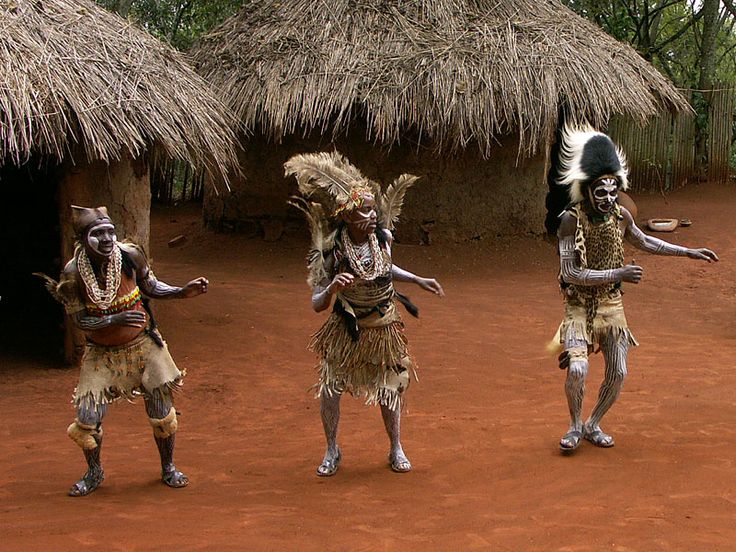The Mugwe: Homosexuality among the Meru People

Traditionally, the Meru followed persons called “Mugwe” who served as a prophet and spiritual leader. Mugwes still exist today but are said to have only an ornamental purpose.
The Meru ritual leaders among the Meru of Kenya would dress as women routinely and sometimes even marry other men. They also publicly acted like women. – Various accounts
“The tradition of the Mugwe (Mogwe, Mugawe or Muga; plural Agwe) – or religious leader – has now sadly disappeared. In 1974, there was only one remaining Mugwe – that of Tharaka -and I have no idea whether his position was passed on when he died, or whether the lineage simply extinguished itself as it did for the other Agwe.
Who were the Mugwe?
Traditionally, the Mugwe served as both prophets and spiritual leaders, either for their own clan (although only four clans had Agwe by the time the British left) or for the entire Meru nation. Their power stemmed from the Meru myth of the escape from the “Red People” (see the myth of the Red People in the History section), in some versions of which a prophet named Mugwe led the human sacrifice which brought the answer to their plight: that to escape over the ‘Red Sea’, the waters had to be struck with a magic spear.
The role and power of the Mugwe was hereditary, passing from father to son, but not necessarily to the firstborn. Training for this role started at an early age and was carefully and closely supervised by the reigning Mugwe. The candidate had to be sober, kind to all people, and have a happily married life. The position also necessitated great moral virtues, as well as an element of innate skill. Ideally, he would also be free from all blemishes, whether physical or moral and was to follow correctly the ancient customs of the Meru. As such, he was the custodian of traditional values, a function which he exercised in tandem with the Njuri-Ncheke councils of elders, acting as a judge, and cursing those who deserved it.
The Mugwe‘s primary role, though, was to lead his people in dealings with God, either by offering propitiatory sacrifices (such as praying for rains and consequent good harvests and grazing) or expiatory sacrifices, whenever a serious fault was committed by a group or an individual of the tribe and needed the appeasement of God or the spirits. It was believed that the Mugwe was in direct contact with God.
The Mugwe was also what is popularly known as a witch doctor. His ability in this domain was called urogi (witchcraft), and combined knowledge of medicine, incantations, and rituals with his ability to divine. As a diviner, the Mugwe‘s primary concern was to predict natural events, such as the coming of the rains. But some divinations were more mysterious and less explicable. One case in point is a famous prediction made by the Mugwe of the Igembe section of the Meru ten years before the arrival of the first Europeans, who foretold the arrival in the region of “men dressed in white long robes” (presumably missionaries in white cassocks). There are similar stories in Kikuyu, Embu and Mbeere cultures, and probably in many others also.” – Jens Finke’s Traditional Music and Cultures of Kenya